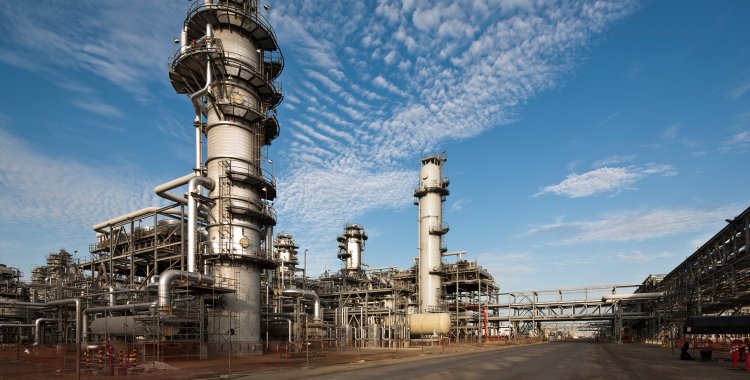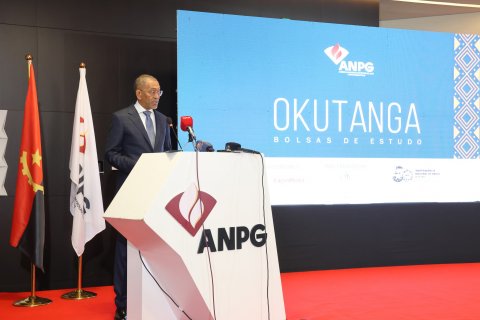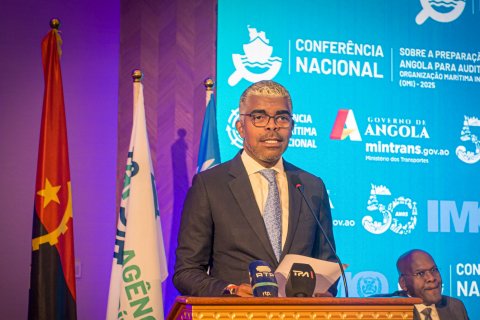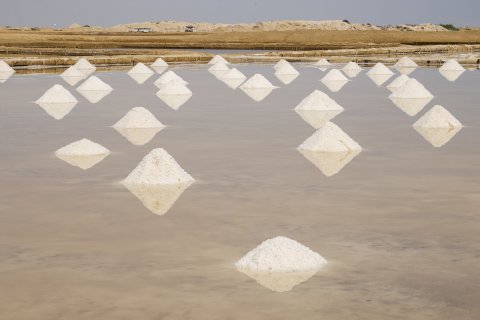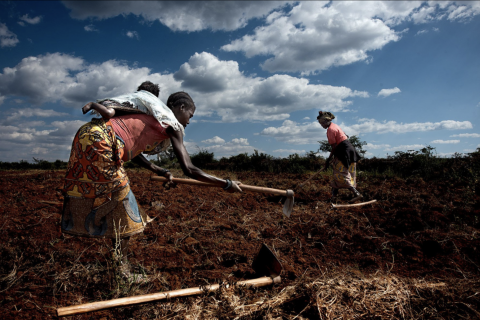"We Africans deplore the continued polarization of the energy dialogue in Western countries and call for an end to the demonization of African oil and gas", reads the Paris Declaration, released this Tuesday after the 'Invest in African Energy' forum, which took place in the French capital last week.
"Natural gas, LNG (liquefied natural gas) and LPG (liquefied petroleum gas) will play a critical role in the continent's energy poverty reduction strategy", points out the statement, which states that "projects such as the development of LNG in Mozambique, led by TotalEnergies, and the East African Crude Oil Pipeline seek to maximize Africa's resources for the benefit of local communities".
The central thesis of the declaration is that African countries must be able to continue exploring gas and oil for two essential reasons: firstly, because they were not the countries that contributed most to climate change, and secondly because without these two raw materials it is not possible to possible to finance the energy transition to less polluting sources on the continent.
"From the Cape to Cairo, from Nairobi to Dakar, we are united in fulfilling our common obligations to combat climate change, recognizing that rich nations need to decarbonize and that Africa needs to industrialize", the text states.
Participants at the forum, which included ministers from African countries, academics and oil entrepreneurs, recognize "Africa's sovereign right to develop its energy resources – which include more than 125 billion barrels of oil and 620 billion cubic feet of gas natural – in a balanced and sustainable way".
They also criticize the large Western banks, accusing them of double standards in financing oil and gas projects.
"While major European banks and other Western banks exit the fossil fuel industry on the African continent, they continue to finance these fuels in Western countries; this disparity in treatment is unfair as it makes it difficult to access adequate financing for energy and climate issues in those countries African countries, where local communities suffer disproportionately from climate risks and restrictions on fossil fuel development", the text concludes.

